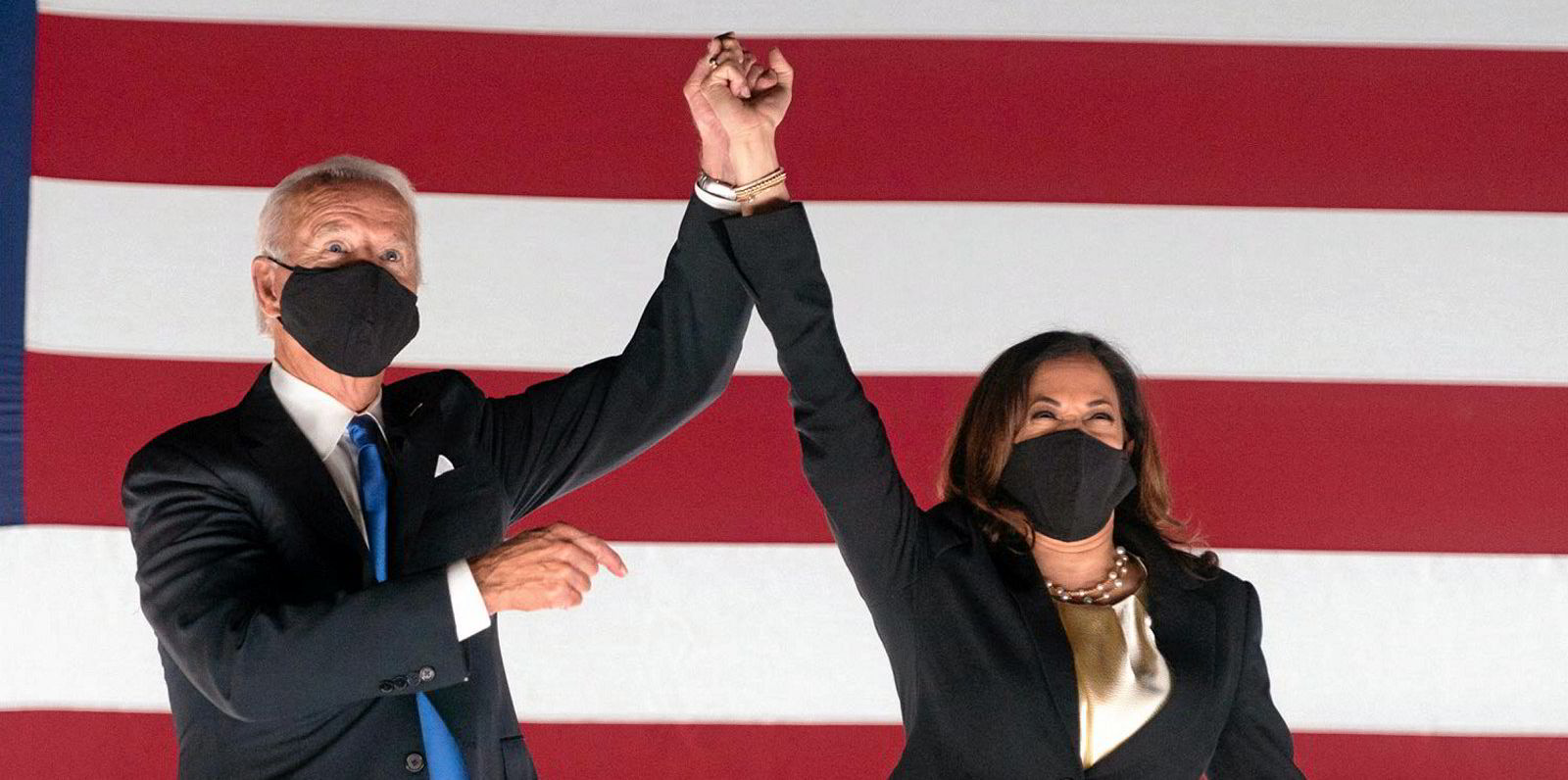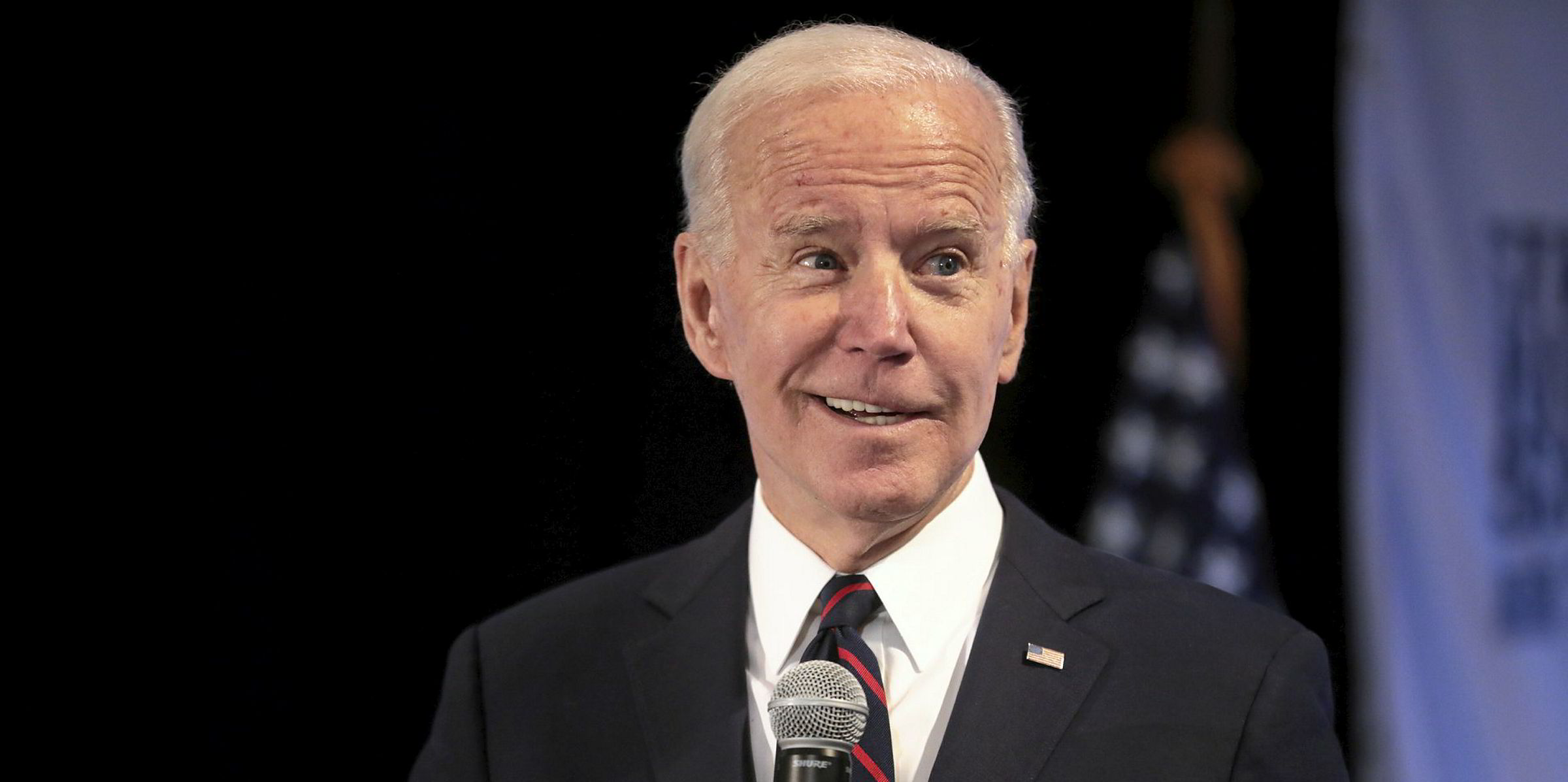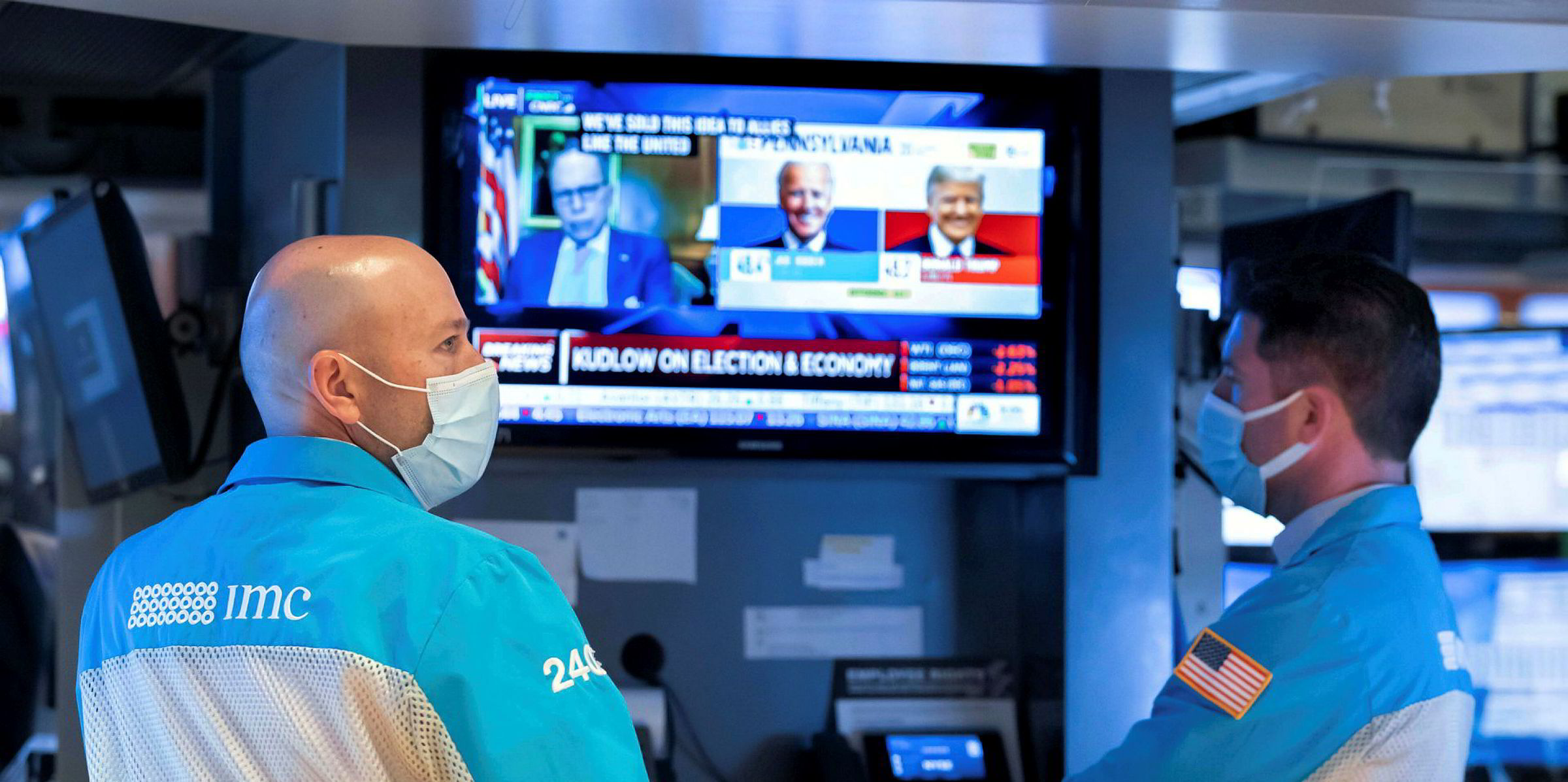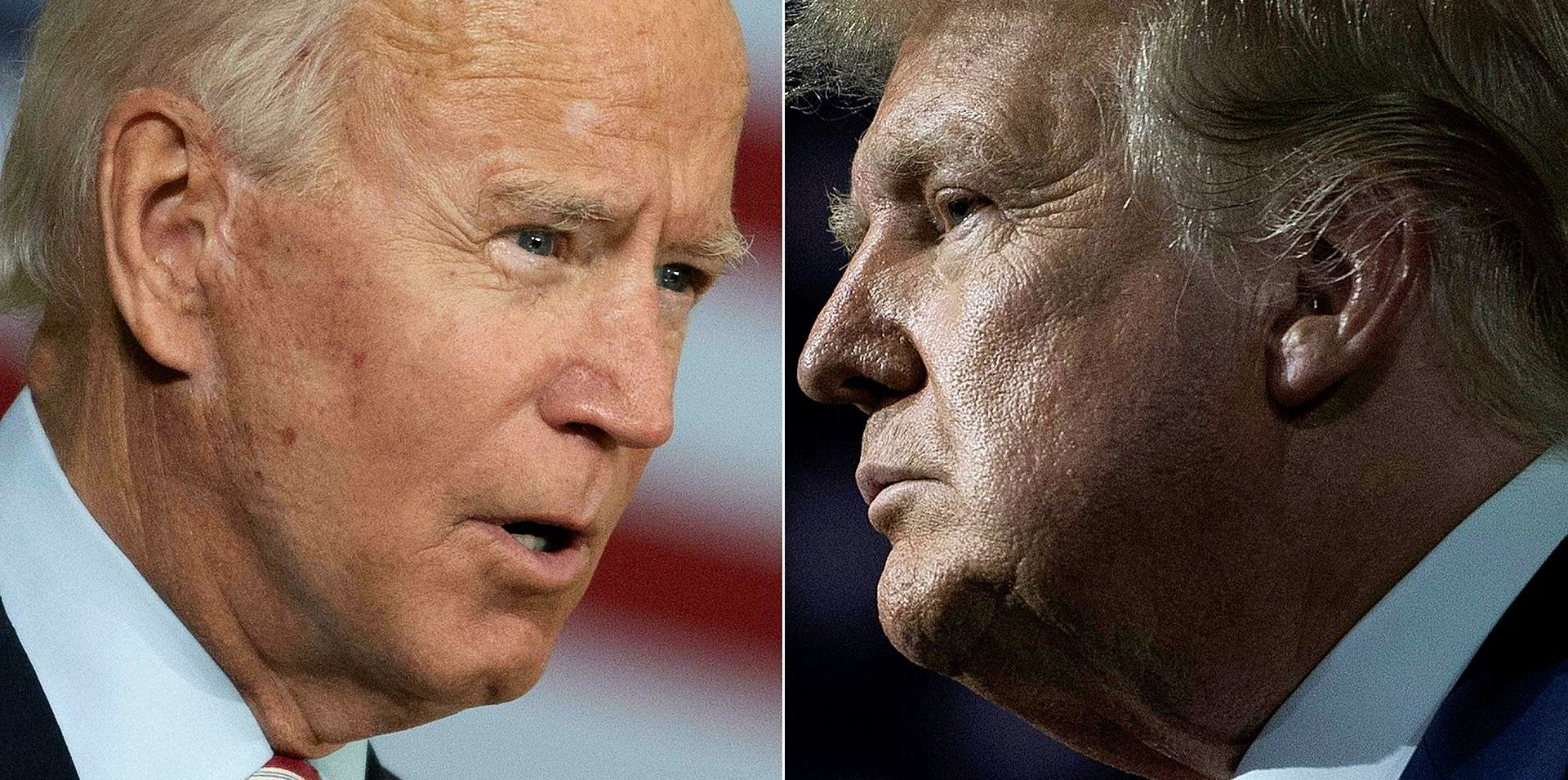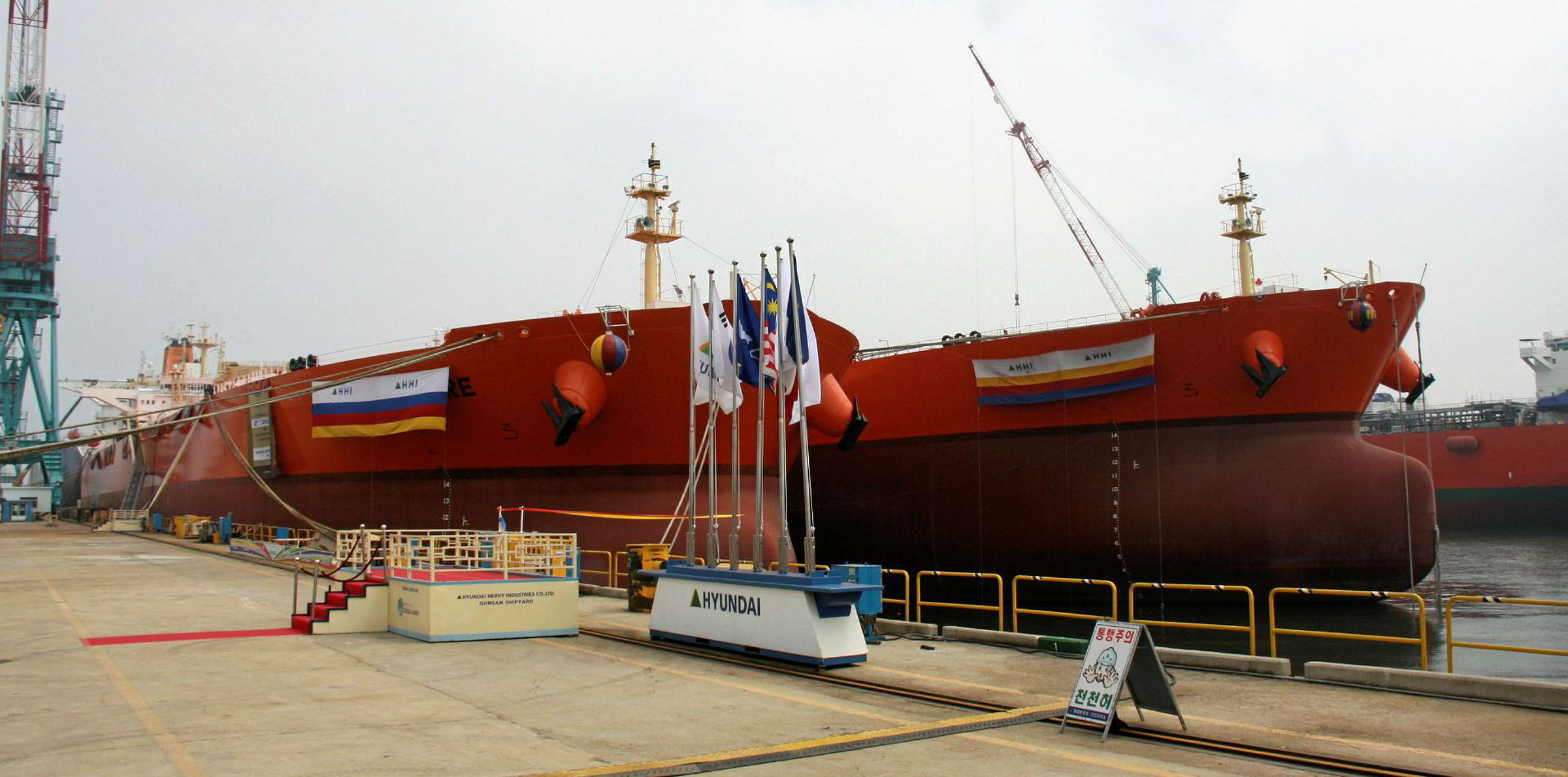Finally, we all have some hope. News that an experimental Covid-19 vaccine is more than 90% effective has offered a real chance the world can return to some sort of normality in the next year — something that just a week ago appeared a very distant prospect.
Coming just a day after Joe Biden was confirmed as the US president-elect, it conjures up the opportunity that 2021 could be a year where the world's economy moves on from recent trauma and shipping markets regain some stability.
With nearly 51m Covid-19 cases recorded and 1.26m deaths, according to the latest data from Johns Hopkins University in the US, some glimmer of hope was desperately needed.
Upbeat reaction
The impact on financial markets was upbeat immediately. Within minutes of the vaccine announcement, cruise and aviation share prices shot up. Oil followed, with tanker stocks lifted by the prospect of a rebound in fuel demand as travel and activity picks up.
Such optimism is well placed, since the impact of the pandemic on trade has been only modestly tempered by the unprecedented monetary intervention of governments and central banks to stop the world's economy imploding.
Even with the massive direct financial support and indirect through bond purchases, trade has slammed on the brakes — and, with that, shipping demand has slowed.
The impact is hard to overstate, and perhaps easy to pass over if you have been working in an isolated bubble at home for too long.
The global economy is set to shrink by 4.4% this year, which will be the worst slump since the 1930s and twice as deep as the banking crisis of 2007/2008. As a specific example, the UK — as one of the worst-hit countries — is suffering its worst depression in 300 years.
Trade impact
According to the latest estimates from Clarksons Research, seaborne trade is now likely to be down 4% in 2020, with tonne miles 3% lower. Energy is bearing the brunt, with crude-oil trade down 6%, products down 7%, and coal down 9%. And, while grain is up 6% and iron ore has grown 3%, containers are down 3%.
Those figures go a long way to explain why the global basket of shipping shares has fallen 30% so far this year, according to Kepler Cheuvreux. In contrast, the S&P 500 is up 12%.
No one is claiming the apparent breakthrough with the vaccine developed by Pfizer and German’s BioNTech can be an instant panacea. It first needs regulatory approval, and then scaling up of production.
Delivery also will not be easy, as the vaccine requires two doses about two weeks apart kept at -70C until just before injection.
Yet epidemiologists worldwide appear in agreement that the method of how the new vaccine has been made should give encouragement that it and other treatments under trial will be successful in curbing the virus.
Biden bounce
Meanwhile, Donald Trump’s loss of the US presidential election will herald an end to the damaging unpredictable and isolationist rhetoric on trade from the White House. As a long-standing multilateralist, president-elect Joe Biden and his team has pledged to bring a calmer and more sober approach.
However, no one should be expecting them to be a pushover. Biden has been openly critical of China’s trade policies and President Xi Jinping.
Within minutes of the vaccine announcement, cruise and aviation share prices shot up. Oil followed, with tanker stocks lifted
Biden has a track record as a conciliator and dealmaker in the past, even with Mitch McConnell, his next adversary, as likely Senate majority leader. This should give confidence that the US will look to enact policies that enhance trade over the next four years, rather than Trump’s ham-fisted attempts at damage.
It will be in the energy transition arena that Biden may make his deepest mark on shipping. The Trump era saw investor and corporate attitudes and policies vault ahead of Washington’s agenda.
While the US pulled out of the Paris Agreement on climate change, companies accelerated their plans to cut carbon emissions.
Green transition
Biden’s commitment to rejoin the Paris accord and drive a new green-energy transition is ambitious, and will face significant domestic political hurdles. It will also encourage other countries to move faster.
Shipping can only look to benefit from this week’s turn of events. Confidence is always good for business, and the faster the pandemic is behind us, the better.
In the short term, shipping’s carbon economy of oil and coal may feel an uplift. But, in the longer term, it will be the new green-energy revolution of low or no-carbon shipping that feels the strongest winds on its back.
